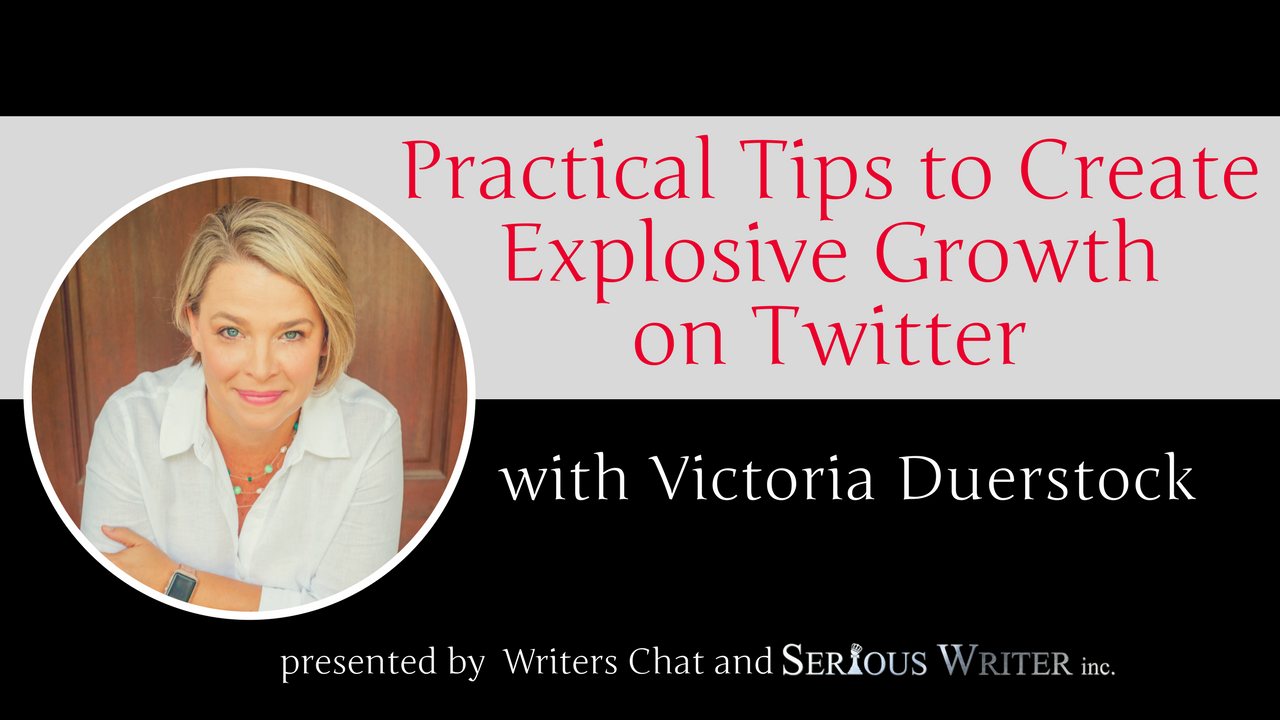
Branding and Twitter
Raise your hand if you’re a writer on Twitter! Same. Twitter is a great place for building that writing…
March 18, 2021
Raise your hand if you’re a writer on Twitter! Same. Twitter is a great place for building that writing…
March 18, 2021
Twitter is a major social media platform, which holds 330 million monthly active users, and 450 million daily active…
December 23, 2020
Are you familiar with PitMad? #PitMad is a pitch party on Twitter where writers tweet a 280-character pitch for their…
November 27, 2019
In this Writers Chat conversation, author Victoria Duerstock shares practical tips on how she grew her Twitter following 400%…
October 5, 2017
I once heard on Dan Miller’s 48 Days podcast something along the lines of “You already know what you…
September 22, 2017
Have you looked in your computer mirror lately? You ask what is a computer mirror? This is your life…
July 17, 2017
Graphics or memes have become an easy way to make any subject matter or content viral. What are they?…
June 29, 2015